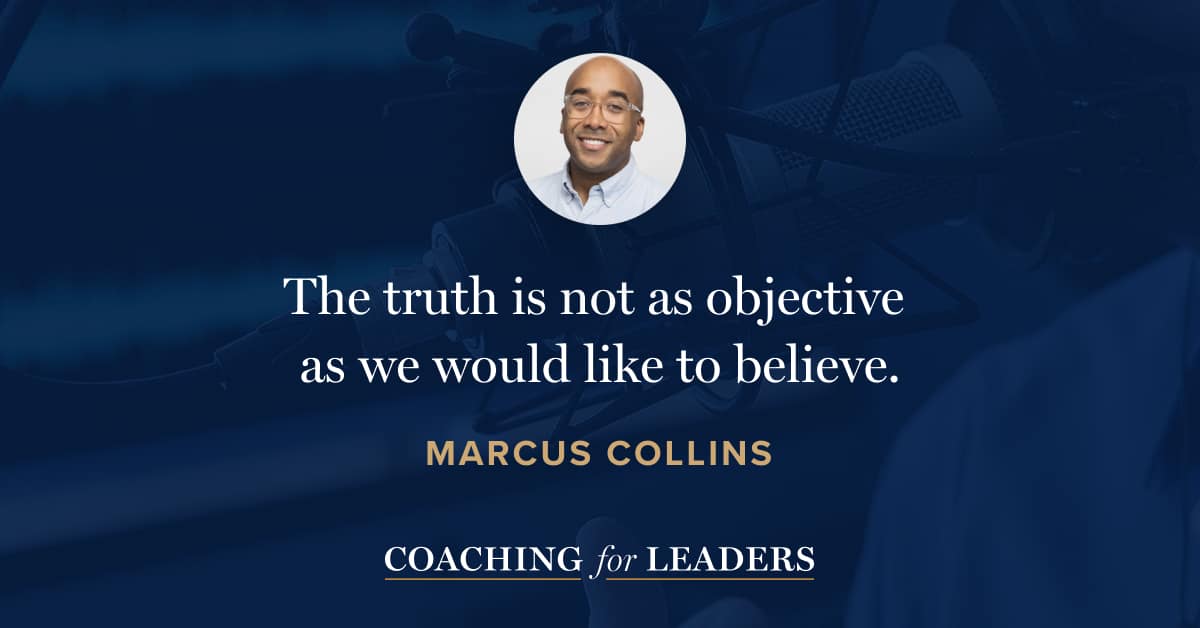Marcus Collins: For the Culture
Marcus Collins is an award-winning marketer and cultural translator. He is a recipient of Advertising Age’s 40 Under 40 award and Crain’s Business 40 Under 40 award and a recent inductee to the American Advertising Federation’s Hall of Achievement. He has worked for several top advertising agencies, and his strategies and creative contributions have led to the success of Budweiser’s Made in America music festival, the launch of the Brooklyn Nets (“Hello Brooklyn!”), and State Farm’s “Cliff Paul” campaign, among others. Prior to his advertising tenure, Marcus worked on iTunes + Nike sport music initiatives at Apple and ran digital strategy for Beyoncé.
He is a marketing professor at the Ross School of Business, University of Michigan, and faculty director for the school’s executive education partnership with Google. Marcus delivers keynote talks across the globe for companies and conferences such as the Cannes Lions International Festival for Creativity, SXSW, Social Media Week, Adcolor, Hyper Island, TEDx, and Talks at Google. He is the author of For the Culture: The Power Behind What We Buy, What We Do, and Who We Want to Be*.
Whether you’re in a sales and marketing role or not, every leader needs to appreciate the psychology of why people buy. Often we assume people buy because of what the product or service provides. But as Marcus and I discuss in this episode, people often buy because of who they are.
Key Points
- For getting people to move, nothing is more powerful than aligning with culture.
- Anaïs Nin said, “We don’t see things as they are, we see them as we are.”
- Audiences buy because of what the product is, but congregations buy because of who they are.
- Many leaders assume people love their brand — but it's not really about the brand, it's about how people view themselves.
- Begin with examining your own thinking and language regarding customer relationships and transactions. How you view these influences the actions of others.
Resources Mentioned
Interview Notes
Download my interview notes in PDF format (free membership required).
Related Episodes
- Start With Why, with Simon Sinek (episode 223)
- Serve Others Through Marketing, with Seth Godin (episode 381)
- The Way to Earn Attention, with Raja Rajamannar (episode 521)
Discover More
Activate your free membership for full access to the entire library of interviews since 2011, searchable by topic. To accelerate your learning, uncover more inside Coaching for Leaders Plus.





